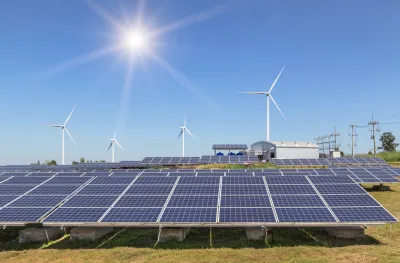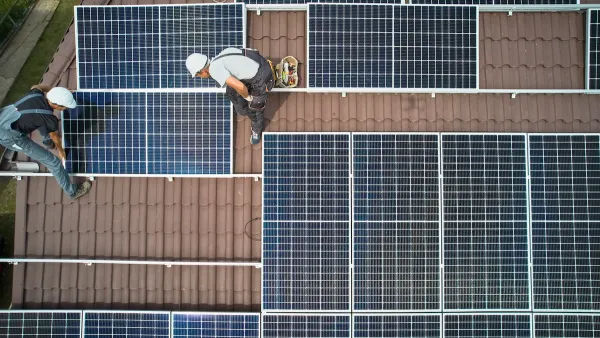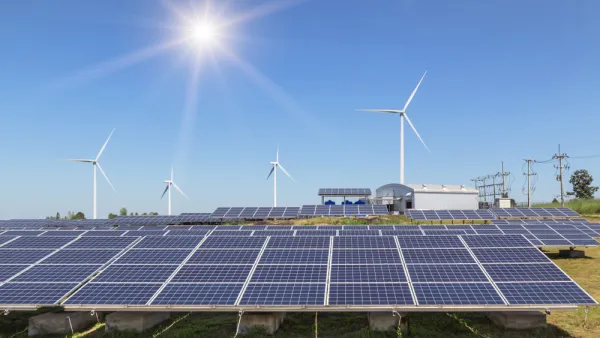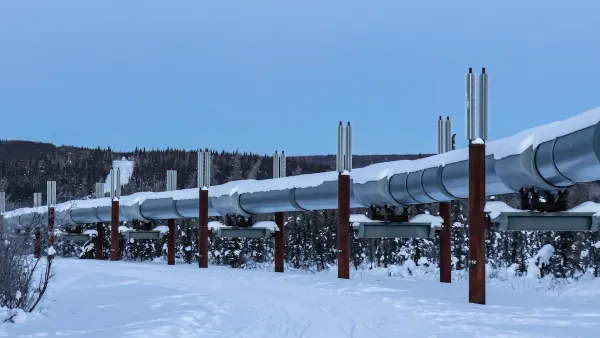The Coal-to-Clean Initiative is an effort to fund the early retirement of coal plants in emerging markets, urging public-private collaboration to achieve a just energy transition that limits global warming and supports sustainable growth.

In this opinion piece, Mike Hayes, Global Climate Change and Decarbonization Leader at KPMG, argues that the Coal-to-Clean Initiative has the potential to revolutionize the transition from coal-powered energy to renewable energy in emerging markets. This initiative seeks to fund the early retirement and repurposing of coal-fired power plants. Hayes emphasizes that emerging economies, which account for 65% of the global population but receive only 15% of clean energy investments, face unique challenges in achieving economic growth while addressing climate goals. By engaging a broad coalition of banks, corporations, philanthropies, and development banks, the initiative aims to provide scalable financing solutions that align with just energy transition objectives, maintaining energy capacity while reducing the environmental impact of coal.
Drawing on reflections from COP29 in Baku, Hayes expresses cautious optimism about the growing role of businesses in driving climate action despite record global fossil fuel use in 2023. While renewable energy capacity is forecasted to nearly triple by 2030, he stresses that achieving this goal will not be straightforward. Hayes calls for more coordinated efforts to address the financial gaps hindering the transition in emerging markets. The World Economic Forum’s Annual Meeting in Davos is highlighted as a critical moment to advance this agenda, with tools like the Coal-to-Clean Toolkit and Decision Tree offering actionable roadmaps for transformative change.
Hayes concludes by underscoring the urgency of aligning global efforts to limit warming to 1.5°C, calling for bold decisions from both public and private sectors. He asserts that business leaders must not remain spectators but instead take active roles in shaping a sustainable future. By fostering partnerships, providing clear market incentives, and scaling impactful coal-to-clean programs, the initiative aims to create an equitable energy transition that leaves no one behind. This piece advocates for a collaborative approach to address one of the most pressing challenges of our time.
FULL STORY: From coal to clean: Financing a just energy transition in emerging markets

National Parks Layoffs Will Cause Communities to Lose Billions
Thousands of essential park workers were laid off this week, just before the busy spring break season.

Retro-silient?: America’s First “Eco-burb,” The Woodlands Turns 50
A master-planned community north of Houston offers lessons on green infrastructure and resilient design, but falls short of its founder’s lofty affordability and walkability goals.

Delivering for America Plan Will Downgrade Mail Service in at Least 49.5 Percent of Zip Codes
Republican and Democrat lawmakers criticize the plan for its disproportionate negative impact on rural communities.

Test News Post 1
This is a summary

Test News Headline 46
Test for the image on the front page.

Balancing Bombs and Butterflies: How the National Guard Protects a Rare Species
The National Guard at Fort Indiantown Gap uses GIS technology and land management strategies to balance military training with conservation efforts, ensuring the survival of the rare eastern regal fritillary butterfly.
Urban Design for Planners 1: Software Tools
This six-course series explores essential urban design concepts using open source software and equips planners with the tools they need to participate fully in the urban design process.
Planning for Universal Design
Learn the tools for implementing Universal Design in planning regulations.
EMC Planning Group, Inc.
Planetizen
Planetizen
Mpact (formerly Rail~Volution)
Great Falls Development Authority, Inc.
HUDs Office of Policy Development and Research
NYU Wagner Graduate School of Public Service





























